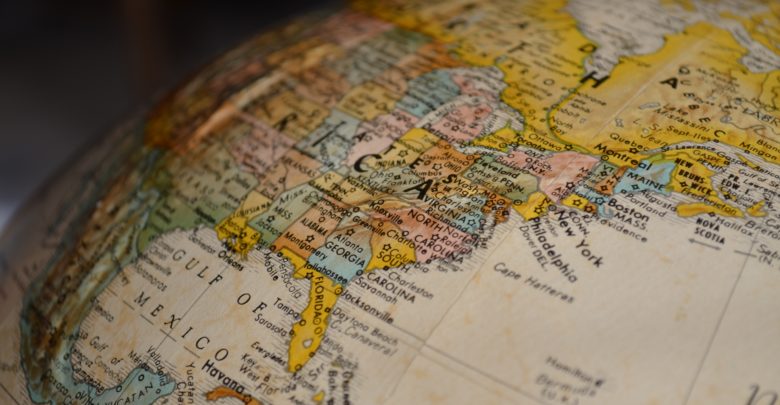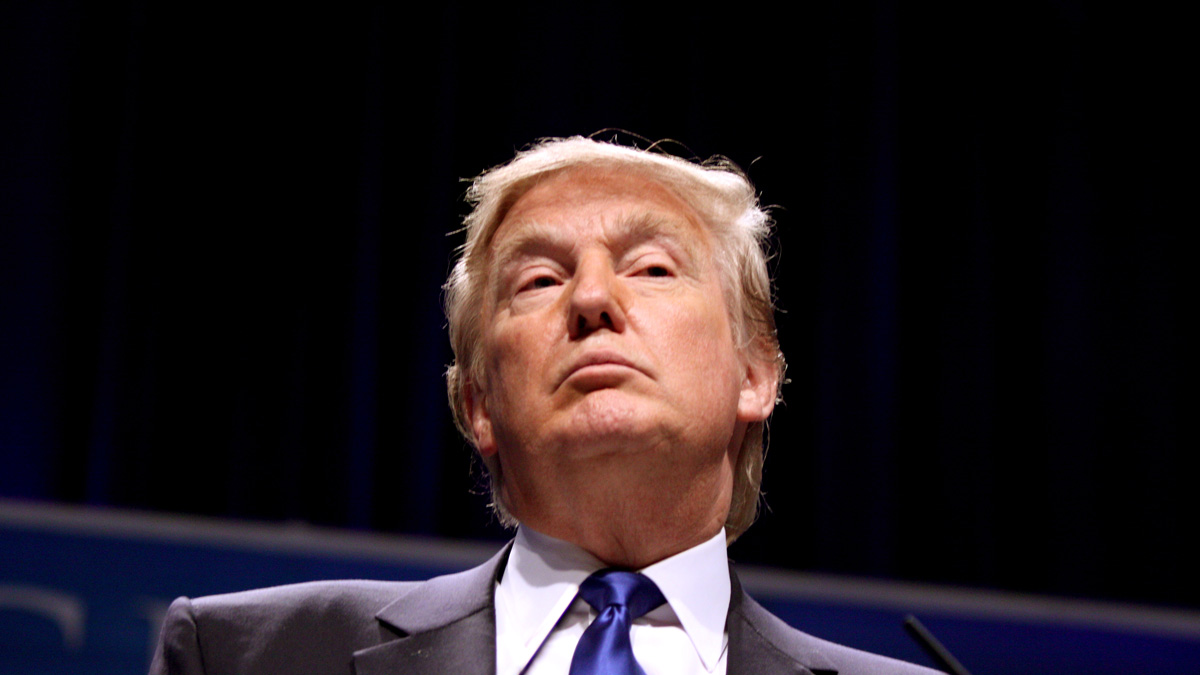The pandemic highlights the need for global governance
Now is not the time to abandon our international institutions — instead, we must utilize the tools they offer
 Pixabay
PixabayAs the COVID-19 global pandemic continues to spread across the world, it reminds us of the immense need for global governance.
There is no institution on our planet more capable of coordinating a plan to mitigate the impact of this virus other than the United Nations (UN). In an increasingly globalized world, global governance rather than isolationism, is the only way to produce solutions to issues that states cannot handle on their own. Globalization has blurred the traditional divide between domestic and foreign affairs and, as a result of the COVID-19 pandemic, that separation is now even more hazy.
When given the needed resources the World Health Organization (WHO) — a specialized agency of the UN — has been able to achieve the previously unimaginable: interstate cooperation to address a number of issues. For example, the WHO’s successes include the eradication of smallpox, distribution of Yellow fever vaccines internationally, and containing the Middle East respiratory syndrome (MERS) and Ebola virus outbreaks. Despite recent misinformation and criticism stemming from the Trump administration, the WHO has been an unprecedented force for change in the management of global health and is unparalleled in its ability to mitigate global health problems.
Viruses do not respect borders or state sovereignty. Thus, they cannot be dealt with using states’ domestic policy alone. Pandemics require unified global action that the United Nations’ system can provide.
Globalization has created the conditions that ensure that diseases like COVID-19 can easily travel around the world infecting millions and resulting in hundreds of thousands of deaths. This is why states must commit to global co-operation,thereby allowing institutions like the WHO (in times of crisis) to use centralized bureaucracies to address transborder global issues.
Opponents of the WHO overlook the fact that it takes only one state lacking the required resources needed to fight this pandemic for the problem to escalate into an uncontainable force that can cost hundreds of thousands of lives. Additionally, no state — even a powerful one like the United States — acting in isolation can effectively deal with this virus or protect its citizens. This is why global governance over this pandemic is needed at this critical juncture.
The UN, and its specialized agencies, like the WHO, must be endowed with the material capability needed to aid especially weaker states in implementing policies to combat this pandemic. Dealing with contemporary global health challenges requires strengthening the WHO in order to create and enact global policies in the face of this transnational crisis.
The advent of this COVID-19 pandemic is not the time to abandon global governance. Instead it is a propitious moment to utilize the instruments that the WHO and UN can provide.
In times of crises like the current one, states should not be selfishly trying to maximize their power. Instead they should be cooperating with each other in order to save lives. This pandemic provides an opportunity to move past the severe limitations of state self-interest and help those who are in need.
States with the most material capabilities should be willing to share their assets and expertise in order to aid less endowed states in combating this novel coronavirus pandemic. Now is the propitious moment to prioritize human lives above the self-interest and power politics of states.
Until there is a unified global policy to curtail the spread of this disease and its effects, no effective action can be taken to resolve this issue. Modern issues, like viruses, do not respect borders; as a result no country can effectively create policy to protect itself and its citizens from these issues. Pandemics provide an opportunity to enlist strategies to increase multilateralism and global cooperation in an effort to deal effectively with global challenges.
As we face what may be the most challenging crisis of our generation, it is not the time to abandon global governance. Instead it is the time to remember we are our brothers’ and sisters’ keepers and in times of crisis we must come together to help out our fellow neighbour regardless of what state they inhabit.




